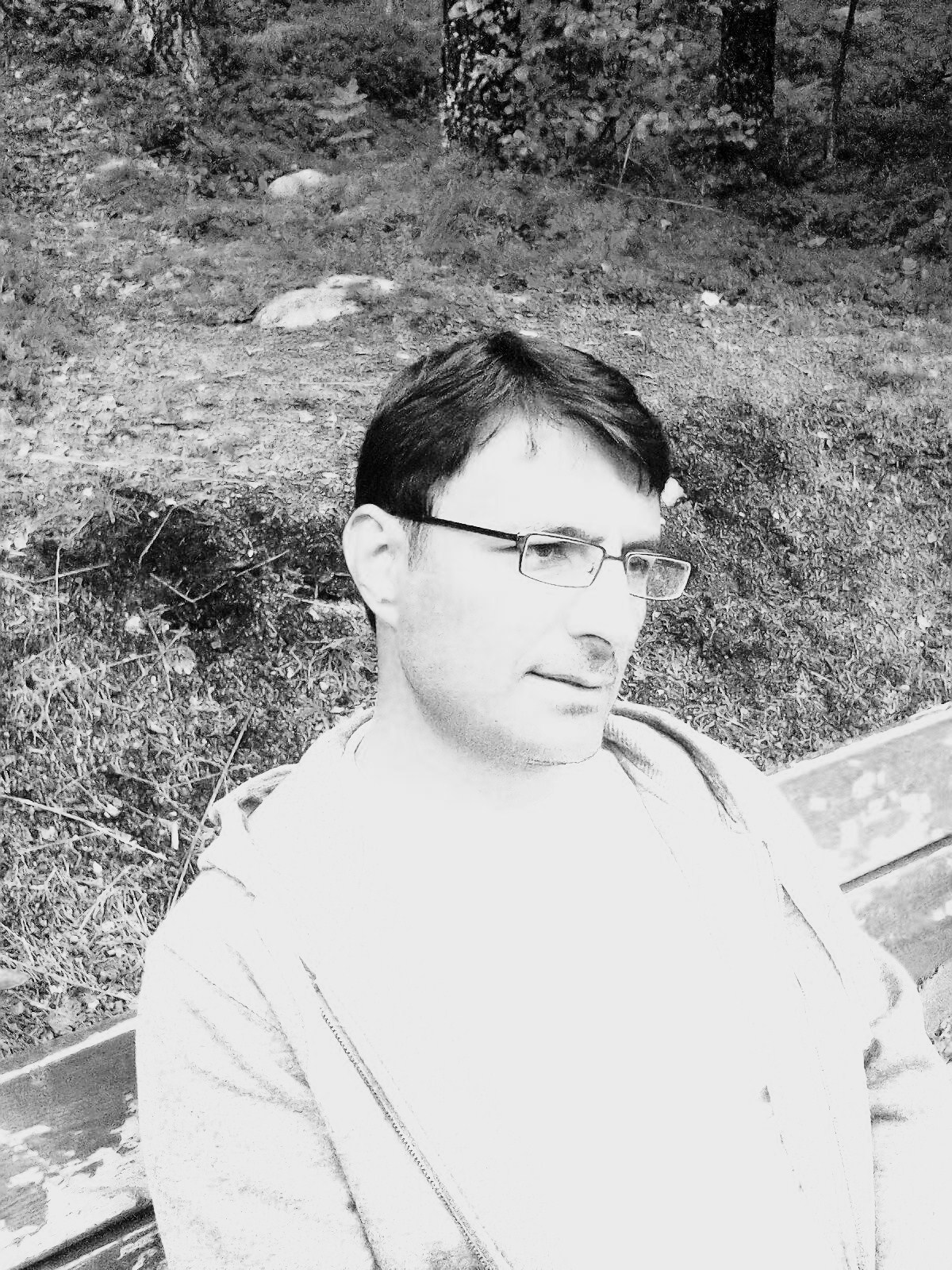
By Aziz Sheikhani:
Syria has for decades been ruled by Hafiz and Bashar al-Assad, father and son. Both were willing to take control of power and pursue a self-interested foreign policy. During the decades of their leadership, the freedom of people, freedom of speech and pluralism of political parties and opinion were strongly limited. Eventually, Syria was confronted by the events known as the Arab Spring.
Some of the Syrian people wanted to be free and topple the al-Assad family and his leading party from power. However, compared to Egypt and Tunisia, their road proved harder and it began to stretch. Their Spring was especially bloody and movement towards their own unknown future has been very painful. As a result, the people have suffered from internal conflict and civil war for more than two years.
In the shadow of this conflict and the complexity of factors fuelling the uprising, people became bogged down between different factions: their own tyrant state, the interests of the regional and great powers, and also their own opposition groups. It can be argued that the Syrian people are not just the victims of civil war – they are also the victims of disputes between different factions, such as international, regional and internal powers, over Syria’s future.
These events are not unknown in history. At the end of the First World War, Syria seceded from the Ottoman Empire. This happened under the impact of the Sykes-Picot Agreement that was signed between the governments of Britain and France in 1916. According to this secret agreement, most parts of the Ottoman territory were divided between Britain and France. Therefore, the end of the war put Syria in the hands of France. In this way and under this policy, the people of the area were forced to live inside the border of new created states.
The formation of these new states, including Syria, led to a worsened condition, because of their wrong framework and background. In other words, if the first stones of the bottom wall are unstable from the beginning, it cannot be straightened easily. Thus, it was difficult to put the state of Syria on the right path. As a result, the people became a servant of their leadership and a repressive state. As mentioned, ignoring the people has had a long history. It is part of the political culture in undemocratic states.
The reality of Syria is that the people are left in the hands of death, devastation, fear and an uncertain future. The great powers, regional states and internal opposition groups are all determined in the pursuit of their conflicting demands. There has been a clear division between the factions. The interests of the great powers and their regional allies take precedence over other issues, including the security and well-being of the people in their own land. Under heavy and bloody civil war, a repressive state in Syria, backed by some of these states, are against an increase in influence by the United States of America. On the other side, the USA and its allies – including some western states, Arab states and Turkey – want to support the opposition groups in toppling the Syrian regime.
In addition, the position of this country, particularly during the last forty years, has made this issue more complex. For instance, the Syrian relationship with the Iranian government has been criticized by some Arab states and also the USA. On the other hand, Turkey and Iran historically were in competition over many issues. Moreover, Iran and Syria were linked in supporting the Hezbullah of Lebanon’s attitude towards the Palestinians. Apart from all this, Iran follows the Russian policy on Syria’s future and Turkey follows the USA line. The Syrian opposition groups and the people, because of their different interests, are divided. In the depth of these events, the rights of nations, ethnic and religious groups have been revived.
Based on the lessons of history, there is no endless war and conflict in the world. Sooner or later, this crisis will come to an end, but that will not be the end of the problems. It is important that the decision-makers over Syria try to avoid previous mistakes. Although the residents cannot implement all their dreams, it is better that they have the right to rebuild their country, including the political system. Democracy cannot be rooted on the basis of using weapons and violence against the rights of citizens and their freedom.
Aziz Sheikhani is a doctoral candidate from Finland (university of Tampere). His doctoral paper is on “why the Kurds do not have their own state? Events that changed the destiny of the Kurds, 1916-26”.
Copyright © 2013 Kurdistantribune.com
.jpg)


